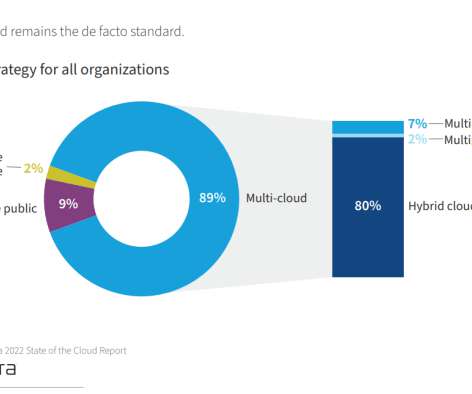12 Cloud Computing Risks & Challenges Businesses Are Facing In These Days
datapine
MAY 31, 2022
3) Cloud Computing Benefits. It provides better data storage, data security, flexibility, improved organizational visibility, smoother processes, extra data intelligence, increased collaboration between employees, and changes the workflow of small businesses and large enterprises to help them make better decisions while decreasing costs.













Let's personalize your content